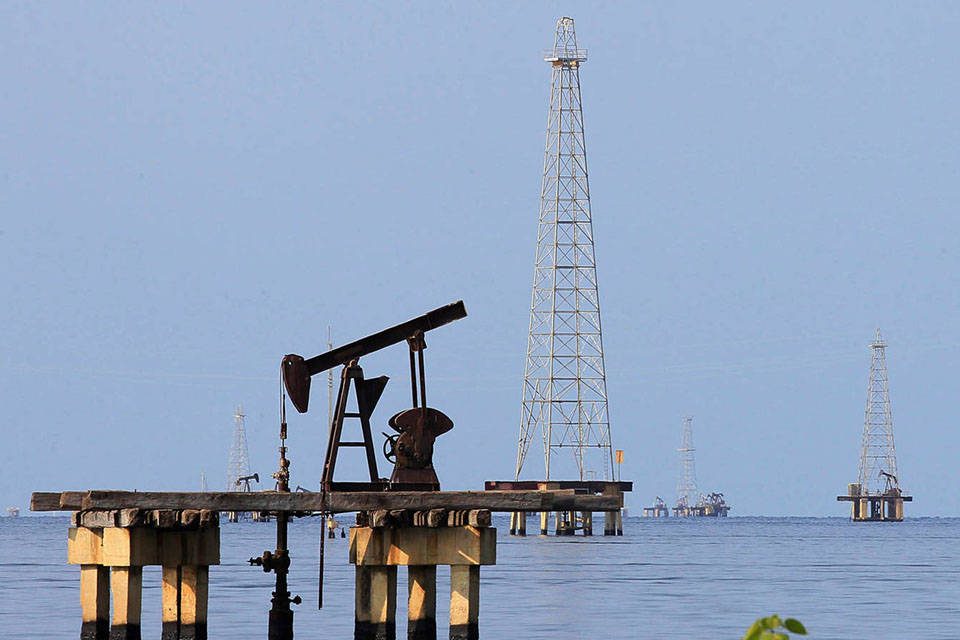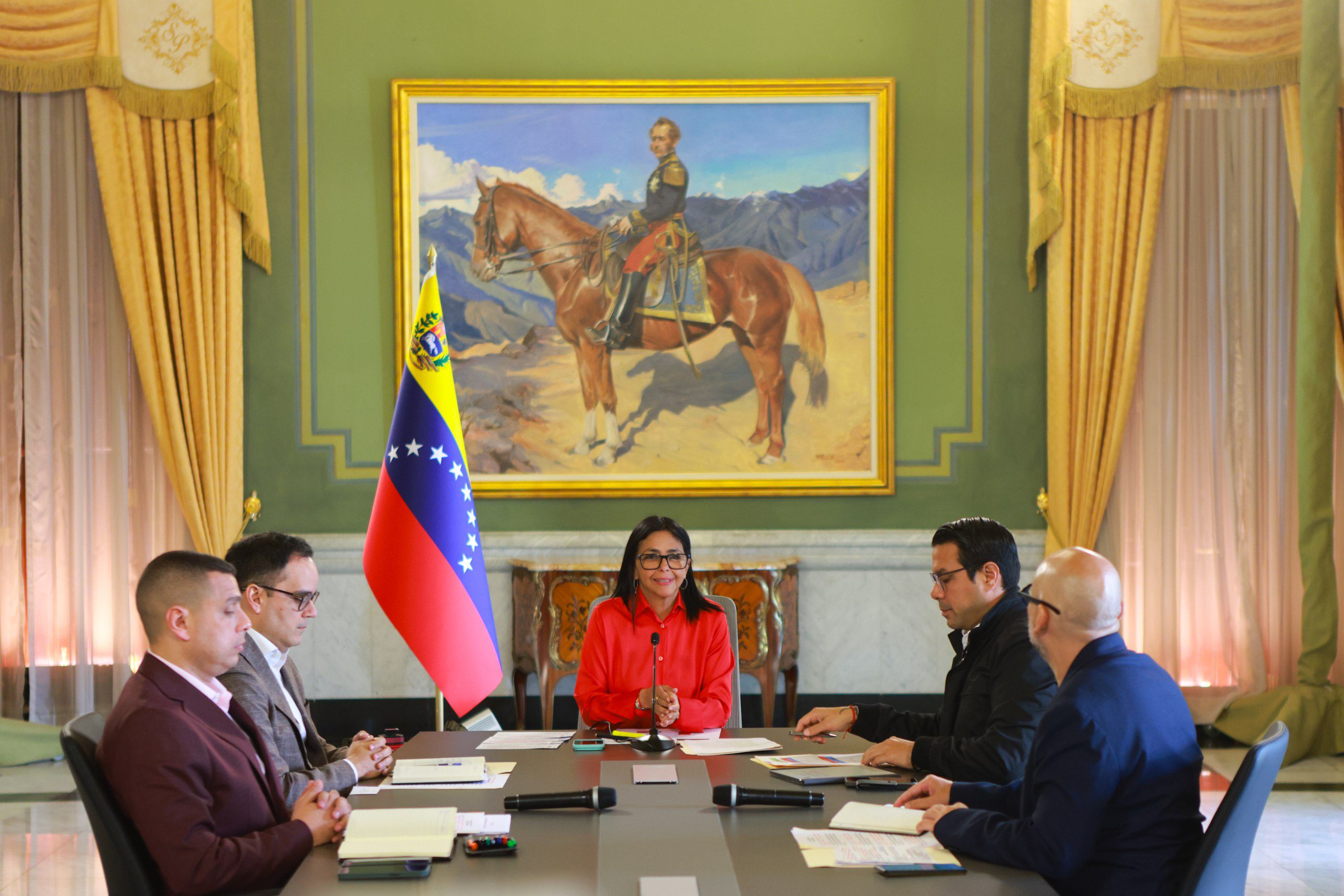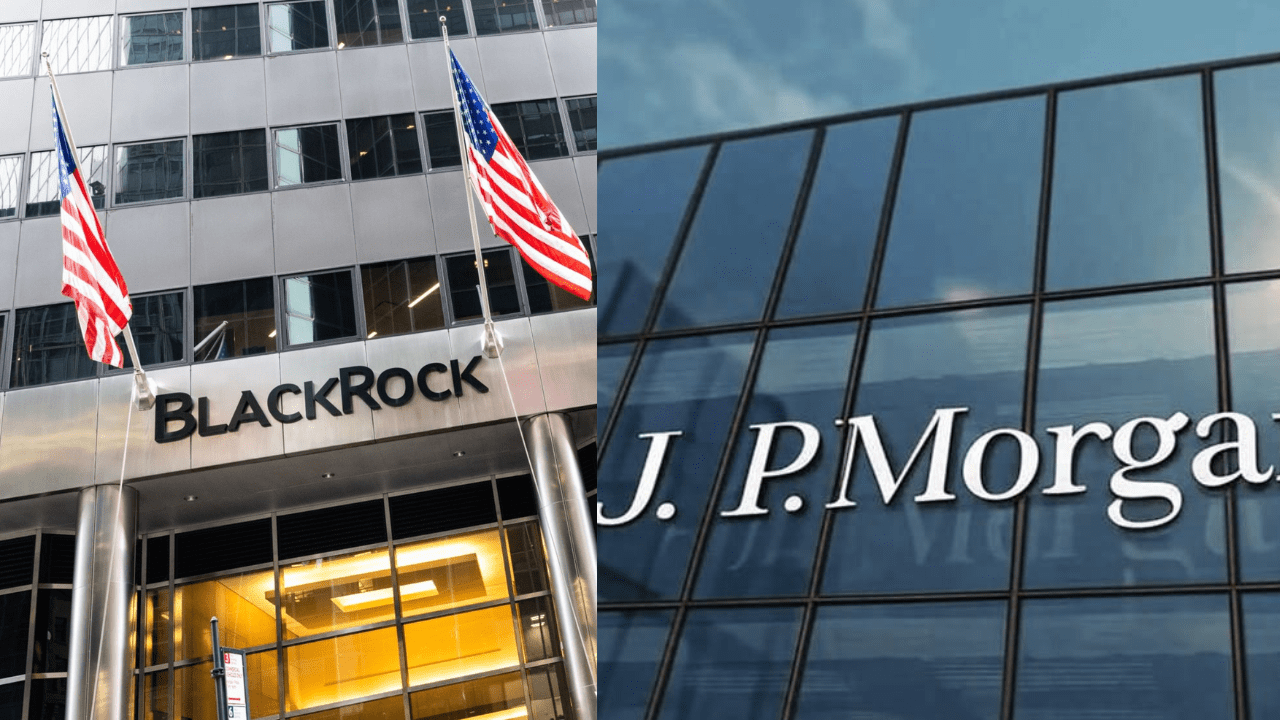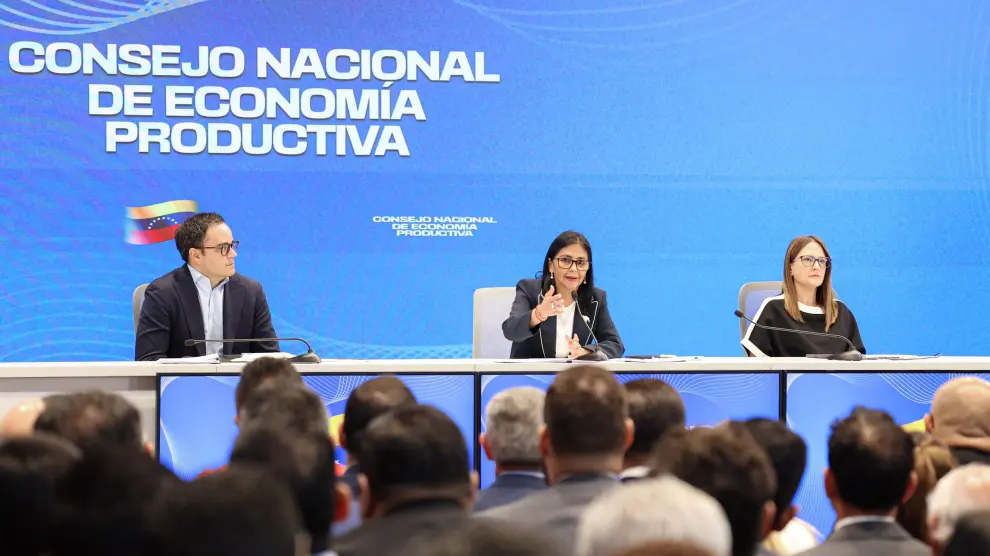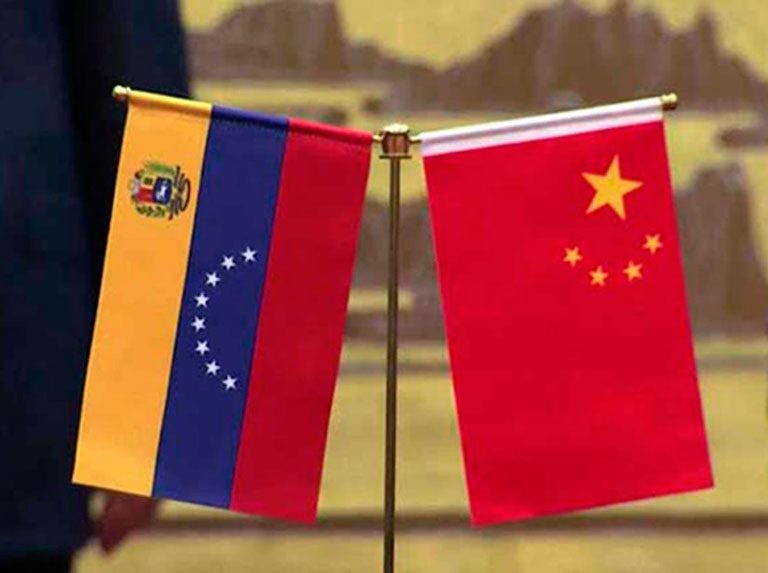St. Petersburg International Economic Forum. Photo: Anatoly Strebelev
Guacamaya, June 19. On Wednesday, the 28th edition of the St. Petersburg International Economic Forum (SPIEF) kicked off, bringing together over 20,000 delegates from 140 countries, including Venezuela, Brazil, Mexico, and Cuba. In a world marked by conflicts, sanctions, and shifting alliances, the forum has reaffirmed itself as a vital platform for Russia to pursue international cooperation, offer an economic alternative, and strengthen strategic ties with partners in the Global South to break Western efforts to isolate it. SPIEF is often described as the “Russian Davos,” that is, the Russian counterpart to the World Economic Forum held annually in Davos, Switzerland.
A Forum Growing Despite Global Turbulence.
Launched in 1997 and officially backed by the Kremlin since 2006, SPIEF has become a landmark space for international economic dialogue.
However, the current edition, held from June 18 to 21, 2025, takes place in a very different climate. Russia is facing an unprecedented level of isolation due to the war in Ukraine, which has resulted in a significant number of sanctions across economic, financial, and technological sectors, forcing it to seek new opportunities beyond the West.
Anton Kobyakov, an advisor to the Russian president, emphasized that having 20,000 people from so many countries at the forum shows just how necessary this space has become to find practical solutions that promote international cooperation and sustainable development in this new global context.
A Space to Navigate Sanctions and Redefine Alliances
SPIEF 2025 is crucial for Moscow amid the current sanctions and economic decoupling from the West. The forum is no longer just about attracting investment from Europe or the U.S., but about creating a cooperation system with partners in Asia, Latin America, Africa, and the Middle East.
The Roscongress Foundation, which organizes the event, has expanded its brand Roscongress International to build relations with 86 countries and more than 200 business associations. Forums have already been held with Mexico, Indonesia, and Qatar, as well as sessions in Turkey, Malaysia, and Thailand. Key allies include South Africa, Saudi Arabia through INVEST SAUDI, Indonesia’s Chamber of Commerce (KADIN), ASEAN-BAC, and TV BRICS.
The participation of groups such as the Eurasian Economic Union (EAEU), ASEAN, BRICS, and the Shanghai Cooperation Organization (SCO) shows that this forum goes beyond being just an economic event; it is a space for building a new multipolar geopolitical structure.
Key Themes at SPIEF 2025
The forum offers several core areas and thematic spaces to promote economic resilience and financial sovereignty:
Innovation Space: A gathering place for leaders, tech companies, young entrepreneurs, and mentors to discuss digital transformation trends and support the growth of Russia’s new tech entrepreneurs.
Agrocluster: The first SPIEF space entirely dedicated to agriculture, focused on tech solutions and food self-sufficiency as a response to agro-industrial sanctions.
Multilateral Forums: Meetings involving groups like BRICS and the G20 through its Regional Consultative Forum, as well as sessions on small and medium enterprises, creative industries, and pharmaceutical security. The forum also includes 21 bilateral business dialogues with countries like India, Vietnam, Brazil, China, Kyrgyzstan, the United Arab Emirates, Cuba, Bolivia, Venezuela, Bahrain, and other Latin American and African nations.
Putin’s Agenda: Investment, Security, and a New Global Order
During the forum, President Vladimir Putin maintains a very active diplomatic agenda. Some of his key meetings include:
Dilma Rousseff, President of the BRICS New Development Bank
Prabowo Subianto, President-elect of Indonesia
Paulus Mashatile, Vice President of South Africa
The Secretary-General of OPEC
Putin also announced new joint military exercises with China in 2025, as part of deepening ties with Beijing. He highlighted that the two countries have investment projects totaling $200 billion, all of which are underway and considered viable.
However, not everything was optimistic. Russia’s Minister of Economy, Maxim Reshétnikov, admitted that the numbers show signs of an economic slowdown and said the country is on the brink of recession, contrasting with the more positive narrative coming from other officials.
Venezuela at SPIEF: Seeking Cooperation Amid “Maximum Pressure”
Venezuela’s participation in SPIEF 2025 highlights how much Nicolás Maduro’s government values its relationship with Russia, especially in the midst of its economic crisis and the strict sanctions imposed by the United States. The Venezuelan delegation, alongside Mexico, Cuba, and Brazil, arrived at the forum hoping to diversify economic partners, strengthen energy and technology agreements, and send a message of resistance in the face of sanctions.
For Venezuela, the forum offers a chance to deepen its engagement with the new geoeconomic sphere that Russia and China are seeking to build. Areas such as agroindustry, technology, alternative banking, and infrastructure investment are key to reinforcing this relationship.
Venezuela’s involvement in SPIEF 2025 aligns with its effort to tighten ties with Russia as part of a shared strategy to confront Western sanctions. At a time when Venezuela faces renewed financial, technological, and commercial restrictions from the U.S., the forum is a valuable opportunity to diversify economic relations, strengthen energy agreements, and seek cooperation in fields such as banking, technology, agriculture, and defense.
Russia and Venezuela have aligned in international forums, denouncing sanctions as illegal and contrary to international law. SPIEF serves as a stage for forming political and economic alliances outside traditional financial systems.
Russia, for its part, has strongly supported Venezuela in multilateral arenas, backing its stance against “unilateral coercive measures” and offering assistance in strategic sectors. The forum is thus both a symbolic and practical platform for advancing this alliance, framed by what both governments call a “new multipolar, just, and sovereign international order”—though Venezuela continues to face significant structural limitations.
Russia has defended Venezuela’s bid to join the BRICS, a proposal blocked by Brazil. Recent bilateral agreements have also aimed to bring Venezuela closer to the Eurasian Economic Union (EAEU), where Cuba already holds observer status.
A Forum to Reshape Global Economic Leadership
The St. Petersburg International Economic Forum has become a battleground for the future of the global economic order. For Russia—and for Venezuela as well—it is crucial to chart new development paths outside Western influence, establish a multipolar framework, and build economic autonomy through strategic alliances, despite significant challenges, limitations, and criticism.
In a world shaped by sanctions and rising geopolitical tensions, SPIEF 2025 represents a concerted effort to change the rules of the global game from the perspective of the Global South. With its growing reach, wide array of participants, and capacity to bring together diverse regions, the forum is becoming a pivotal space in shaping the economy of the 21st century.


